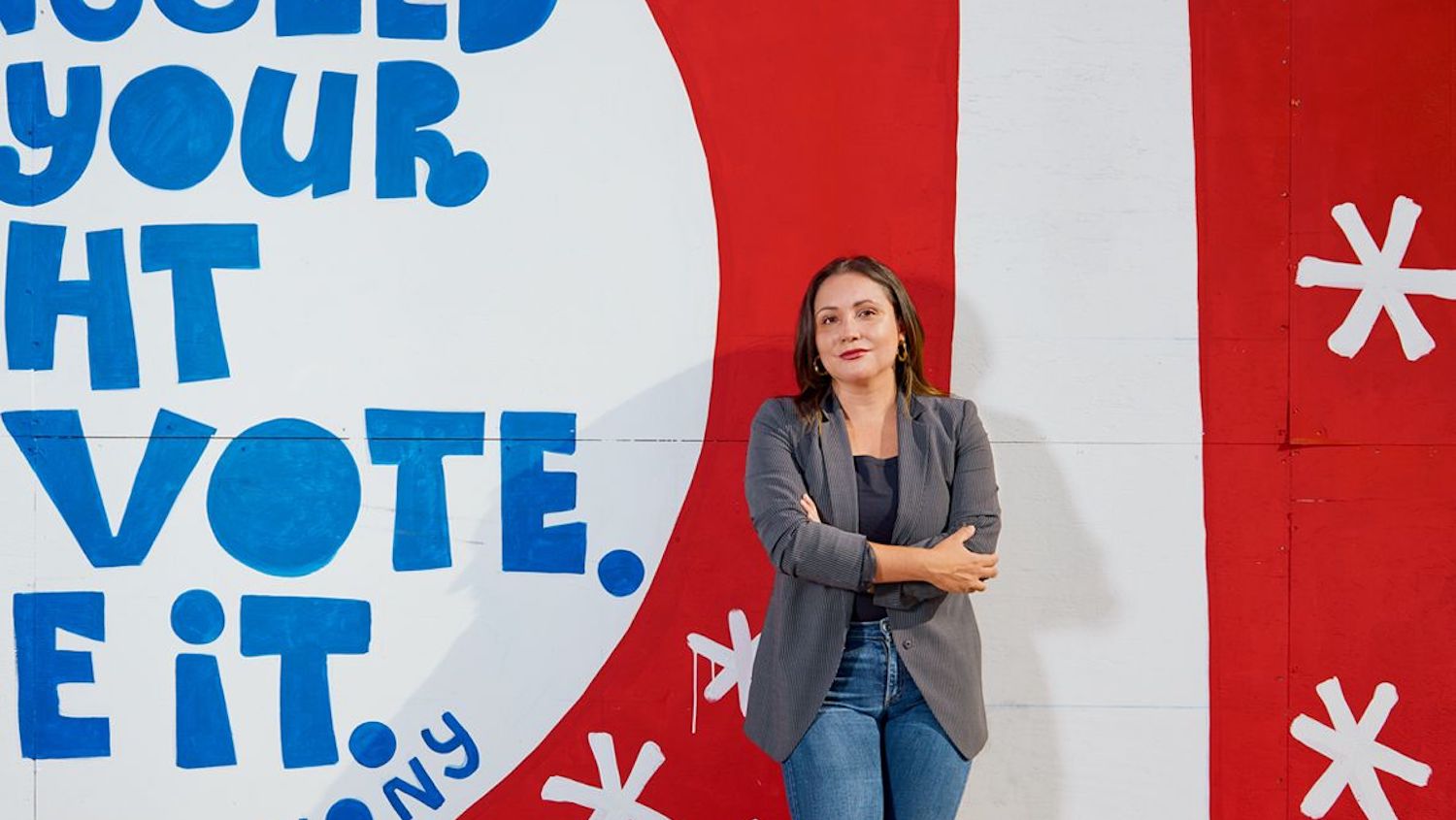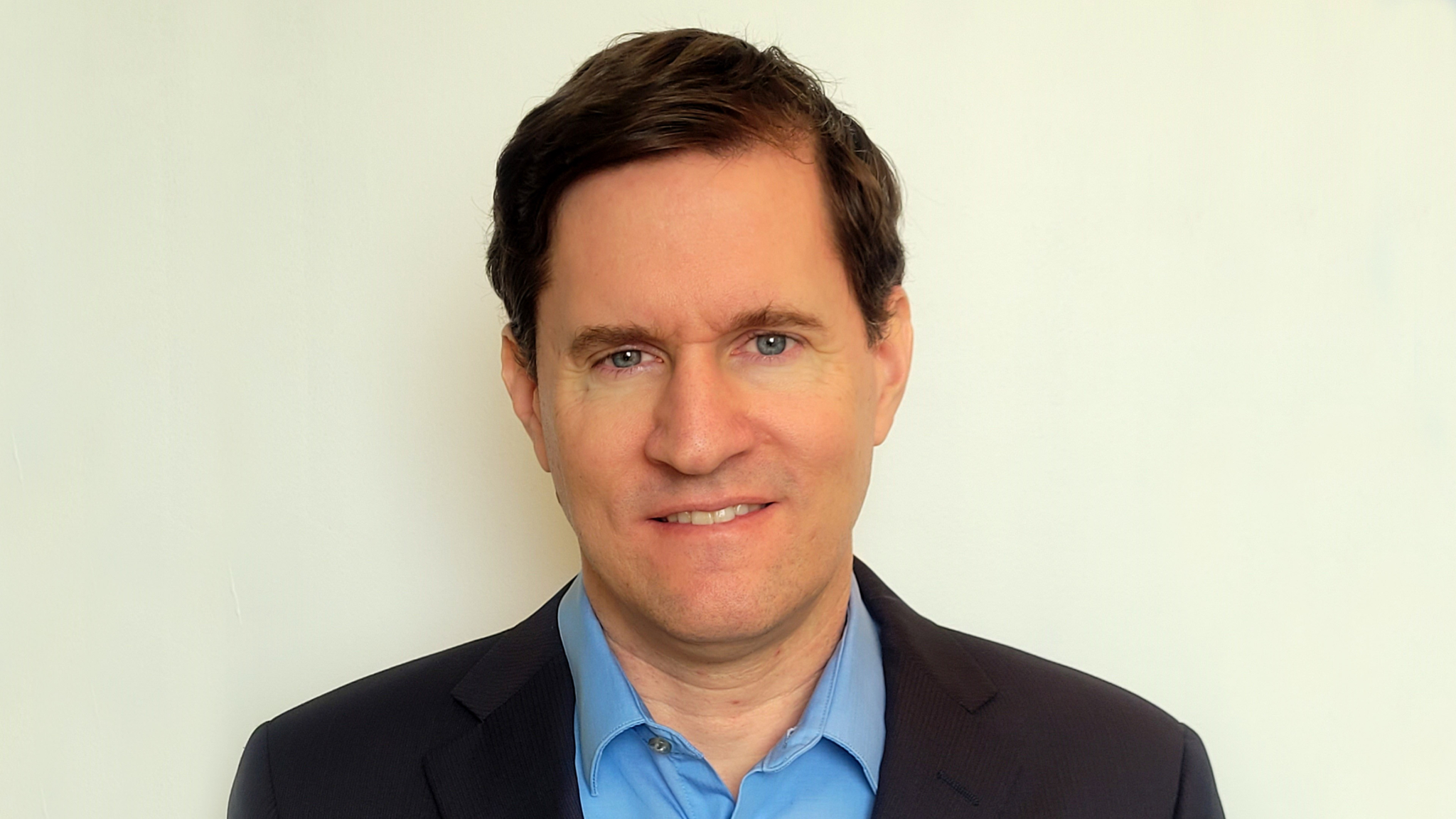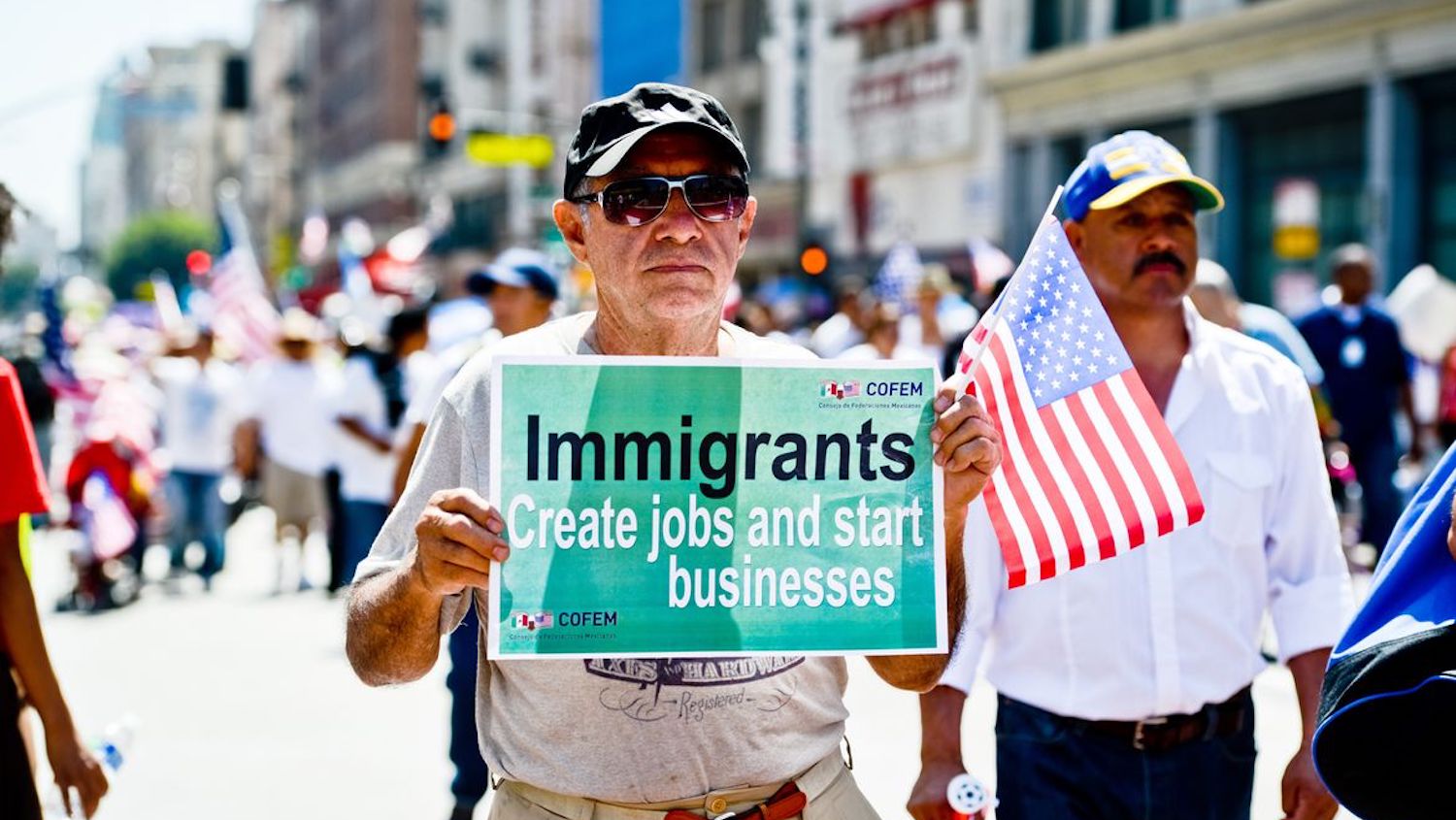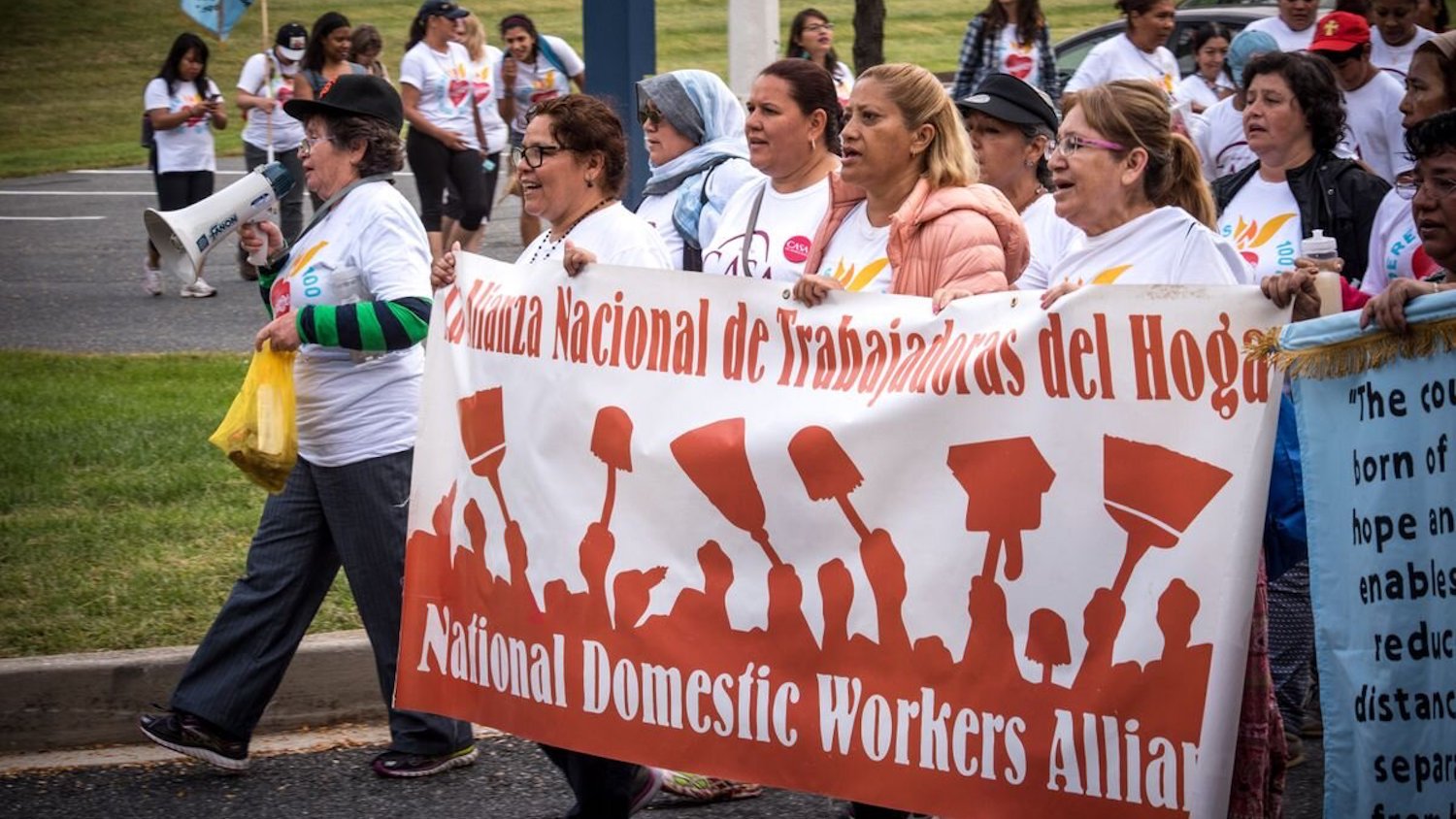Now Rescinded, Trump-Era ‘Public Charge’ Policy May Still Harm Immigrants’ Health
The Trump administration’s expansion of the “public charge” rule — a move that sought to disqualify immigrants who used social programs like Medicaid from obtaining legal residency in the U.S. — led to widespread disenrollment from these programs and left scores of children in California without access to health care in the midst of the COVID-19 pandemic. What’s more, say the authors of a new report from the UCLA Latino Policy and Politics Initiative, the fear and confusion that the now-rescinded Trump-era policy sowed in the state will likely have a chilling long-term effect. The researchers’ analysis determined that the number of Latino children of immigrant parents who do not have a usual source of medical care could increase from the current level of just over 64,000 to more than 180,000 as parents avoid enrolling or disenroll their children from non-cash public assistance programs out of fear of jeopardizing their immigration status. Additionally, the researchers say, the number who have not seen a doctor within the previous 12 months could eventually jump from approximately 99,000 to almost 240,000. The public health consequences are likely to extend to U.S.-born children, who are already citizens but whose immigrant parents may fear that enrolling them in public assistance programs might limit their own path to a “green card,” or lawful permanent residency, the authors say. The report indicated that immigrant communities in Los Angeles County have been more acutely impacted by the complex and often confusing changes to immigration policies than those in any other region in the state.
Luskin Summit Focuses on Seizing Opportunity to Address Homelessness
On April 1, a panel of experts gathered for a Luskin Summit webinar about the impact of the COVID-19 pandemic on unhoused populations in Los Angeles. The event was moderated by Miguel A. Santana, president and CEO of the Weingart Foundation and an emeritus member of the Luskin Board of Advisors. Santana is also chair of the Committee for Greater LA, which produced “No Going Back,” a report on how to build a more equitable Los Angeles. Almost 70,000 people are unhoused in the region, and up to 1.8 million residents lost jobs during the pandemic. Sarah Dusseault, former commission chair of the Los Angeles Homeless Services Authority, said the pandemic “revealed the depth and breadth of the chronic and severe housing shortage, which has been amplified by failed safety nets, historic housing discrimination and mass incarceration.” She identified homelessness as “a man-made problem that we can address … by creating a system that is effective for everyone with equity at its center.” Jacqueline Waggoner, UCLA alumna and member of the UCLA Luskin Board of Advisors, called for “systems that are driven by data and informed by lived expertise.” Deeper collaboration and more resources, leadership and strategic planning are needed to create efficient systems to address homelessness, she said. Raphael Sonenshein, executive director of the Pat Brown Institute for Public Affairs at Cal State L.A., said addressing homelessness requires a shared vision across institutions. “Let’s seize this moment of maximum peril and maximum opportunity to make Los Angeles not a cautionary tale, but a true model,” Sonenshein said. — Zoe Day
Diaz Testifies at U.S. Hearing on Ensuring Free and Fair Access to the Ballot
Sonja Diaz, founding director of the UCLA Latino Policy and Politics Initiative, testified April 1 during a virtual hearing about ensuring ballot access held by a U.S. House subcommittee. The hearing was held at a time when the Brennan Center’s legislative tracker shows 361 restrictive voting bills introduced in 47 states and as the U.S. Senate considers an expansive voting rights bill, the For the People Act, already passed by the House. Diaz, who was one of five witnesses, argued that the avalanche of restrictive voting bills comes in response to a more youthful and diverse American electorate. “Oftentimes, when we talk about voter suppression, we focus on a set of jurisdictions that have long been bad actors in our law textbooks — places like Texas, Georgia, North Carolina, Florida,” Diaz said. “But this frame too often leaves out an important fact: Vote dilution, voter suppression, and the attack on Americans’ fundamental right to free and fair access to the ballot happens everywhere.” A vibrant democracy requires that everyone have fair and equal access to practice their constitutional rights, and she said it’s no coincidence that the restrictive bills come from states where Latinos and voters of color were consequential to the 2020 election. “Voter suppression is a feedback loop,” she said, and one that elected officials need to act to end. With support from Voting Rights Project staff and fellows, Diaz submitted written testimony in advance of the hearing that is now part of the Congressional Record. — Lys Mendes
Jason Vorderstrasse is UCLA Diplomat in Residence
U.S. Foreign Service Officer Jason Vorderstrasse will rerturn as UCLA’s diplomat in residence for the 2021-22 academic year. Vorderstrasse, who joined the Foreign Service in 2004, was appointed by the U.S. Department of State as diplomat in residence for Southern California and Hawaii and was posted to UCLA Luskin in 2020. The School has hosted State Department diplomats since 1998, with Public Policy serving as the campus home unit. Diplomats serve as a resource to students and graduates interested in working in the Foreign Service and at the Department of State. Prior to his post at UCLA, Vorderstrasse served as the reports and blockchain coordinator and the deputy director of the Office of International Labor Affairs in the Bureau of Democracy, Human Rights and Labor. Previously, he was assigned to the U.S. Consulate General in Tijuana, Mexico. Other assignments include Washington, D.C., Hong Kong and Jamaica. Before joining the Department of State, he worked for the U.S. Department of Labor in Los Angeles. Vorderstrasse holds a law degree from Golden Gate University and a B.A. in international relations from Pomona College. He grew up in Oregon and speaks Spanish, intermediate Mandarin and intermediate Cantonese. “I am happy to chat with students and alumni about career opportunities at the U.S. Department of State, whether as a Foreign Service Specialist, a Civil Service employee, a Consular Fellow, or a Foreign Service Officer,” he said. Students interested in learning more about Foreign Service careers may contact Vorderstrasse at DIRSouthernCalifornia@state.gov
Gilens Publishes Research on Campaign Finance Regulations
Public Policy Chair Martin Gilens‘ research into the impact of campaign finance regulations was published in American Political Science Review. Many scholars have expressed concern about the dominance of moneyed interests in American politics, and studies have shown that lobbying group interests and federal policies primarily reflect the desires of well-off citizens and well-funded interest groups, not ordinary citizens. While previous reports have faced difficulties drawing causal inferences from observational data, Gilens and his co-authors were able to analyze the effects of an exogenous change in state campaign finance law. The Supreme Court’s 2010 Citizens United decision held that corporations and unions have the same speech rights as individuals, and that corporate spending to influence elections does not give rise to corruption, as long as it is not coordinated with a political campaign. Gilens and his co-authors analyzed the impact of the ruling, which affected 23 states that had bans on independent expenditures by unions or corporations. After the bans were lifted under Citizens United, the states adopted more “corporate-friendly” policies on issues with broad effects on corporations’ welfare, they found. The authors concluded that “even relatively narrow changes in campaign finance regulations can have a substantively meaningful influence on government policy making.” The article, “Campaign Finance Regulations and Public Policy,” was written by Gilens, a professor of public policy, political science and social welfare; Professor Shawn Patterson Jr. of Southern Oregon University; and Professor Pavielle Haines of Rollins College. — Zoe Day
Citizenship for Unauthorized Immigrants Could Add $1.5 Trillion to Economy
Providing citizenship to all unauthorized immigrant workers in the United States would add at least $1.5 trillion to the American economy and $367 billion in federal and state tax revenue over the next decade, according to a new UCLA study. By comparison, granting citizenship only to the members of that group who are considered “essential workers” — including in agriculture, retail and construction — would generate an additional $1.2 trillion to the nation’s gross domestic product and $298 billion in tax revenue over the same time frame. Granting citizenship only to people covered by the Deferred Action for Childhood Arrivals policy, or DACA, would generate $112 billion in GDP and $28 billion in tax revenue; and granting citizenship only to recipients of Temporary Protected Status would account for $62 billion in GDP and $16 billion in tax revenue. The study’s publication comes as Congress and the Biden administration are considering ways to move forward on immigration reform. In the past two months, multiple standalone bills have been introduced to address specific aspects of immigration policy. Some proposals would grant citizenship to certain groups of unauthorized immigrants — those covered by DACA or Temporary Protected Status, for example — while excluding others. The report’s authors note that excluding certain groups of immigrants from earning citizenship would mean forgoing billions of dollars in economic output and tax revenue, and the potential for creating tens of thousands of jobs. The study is a collaboration among the UCLA Latino Policy and Politics Initiative, the UCLA North American Integration and Development Center and the UCLA Institute for Research on Labor and Employment.
Informal Laborers Around the World Are Organizing to Win Rights
A UCLA-led study of informal laborers in six countries found that, despite differences in local laws and cultures, domestic workers and construction workers are often exploited by their employers because government labor protections are weak or not enforced. However, the study also found that the laborers share common organizing strategies that can improve their work conditions and their lives. Urban Planning Chair Chris Tilly co-authored the report, which looked at informal employment in China, India, Mexico, South Africa, South Korea and the United States. The report focused on workers from two sectors with distinct gender differences: construction and domestic work. These informal workers, who are most often migrants, typically do not have access to protection by standard employment laws and social security-like programs. “This research confirms that informal workers can successfully organize and win rights,” Tilly said. “It offers lessons on strategy for workers in these two sectors and beyond, and it helps us understand how and why organizing approaches differ across sectors and countries.” Tilly pointed to the United States as an example of a country where domestic workers continue to be excluded from core labor standards such as meal breaks, overtime pay and an eight-hour workday. By contrast, construction workers were covered by labor laws in every country in the study, yet they were often victims of exploitation — unless they mobilized to demand protections. The report is a collaboration between the UCLA Institute for Research on Labor and Employment and the Center for Global Workers’ Rights at Penn State. — Citlalli Chávez-Nava







